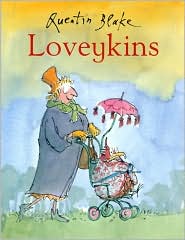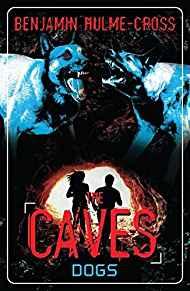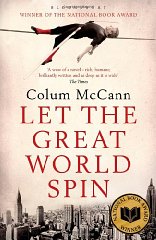-
×
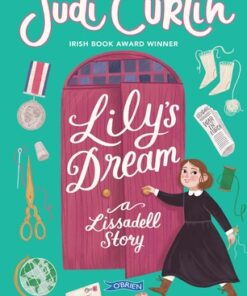 Lily's Dream
1 × €9.50
Lily's Dream
1 × €9.50 -
×
 Stormclouds: A Boy, A Girl, A Dangerous Border
1 × €9.50
Stormclouds: A Boy, A Girl, A Dangerous Border
1 × €9.50 -
×
 Harry Potter and the Order of the Phoenix: 5/7
1 × €10.50
Harry Potter and the Order of the Phoenix: 5/7
1 × €10.50 -
×
 Fantastically Great Women Who Changed The World
1 × €8.50
Fantastically Great Women Who Changed The World
1 × €8.50
Subtotal: €38.00

 Stormclouds: A Boy, A Girl, A Dangerous Border
Stormclouds: A Boy, A Girl, A Dangerous Border 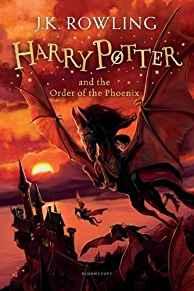 Harry Potter and the Order of the Phoenix: 5/7
Harry Potter and the Order of the Phoenix: 5/7  Fantastically Great Women Who Changed The World
Fantastically Great Women Who Changed The World 

